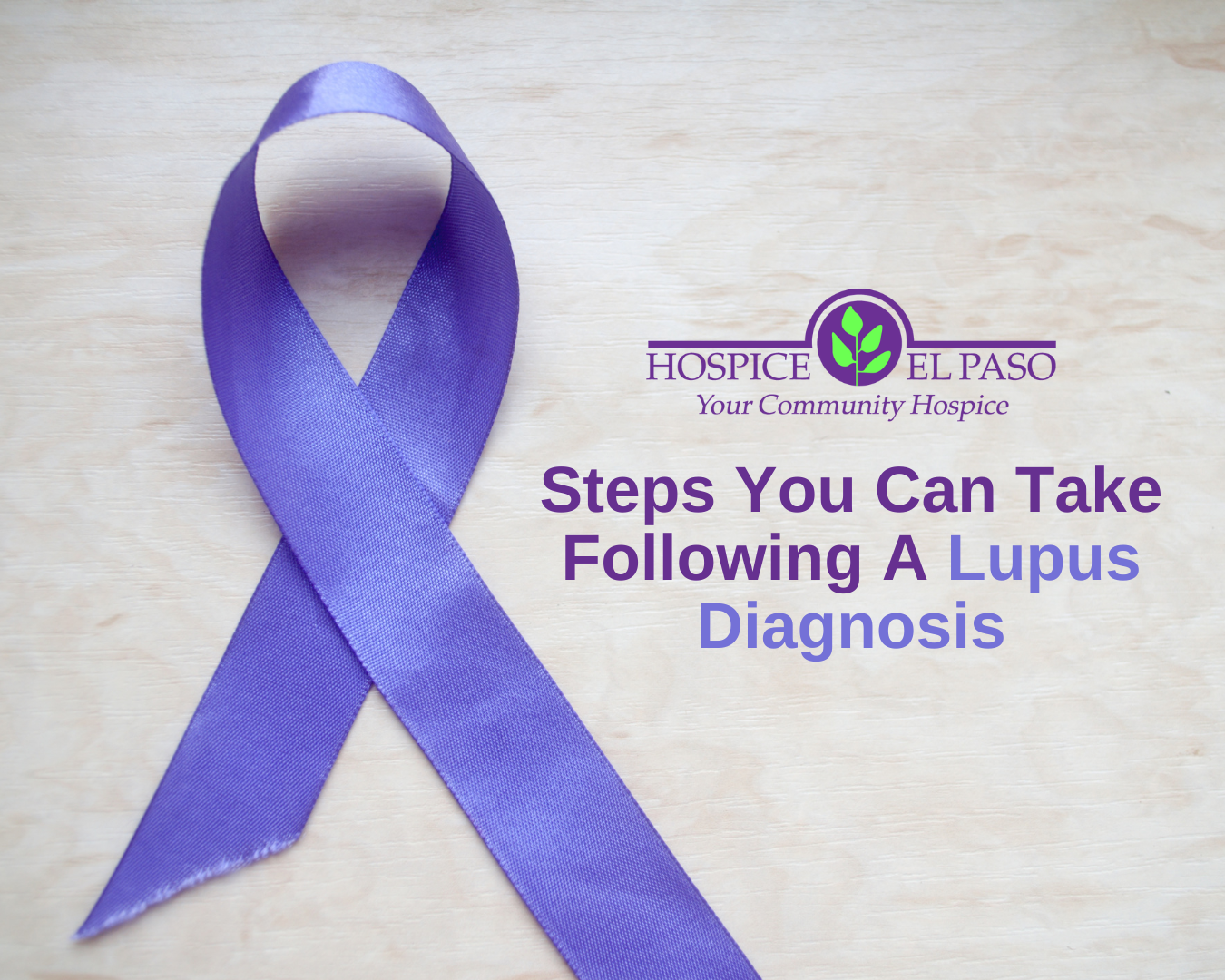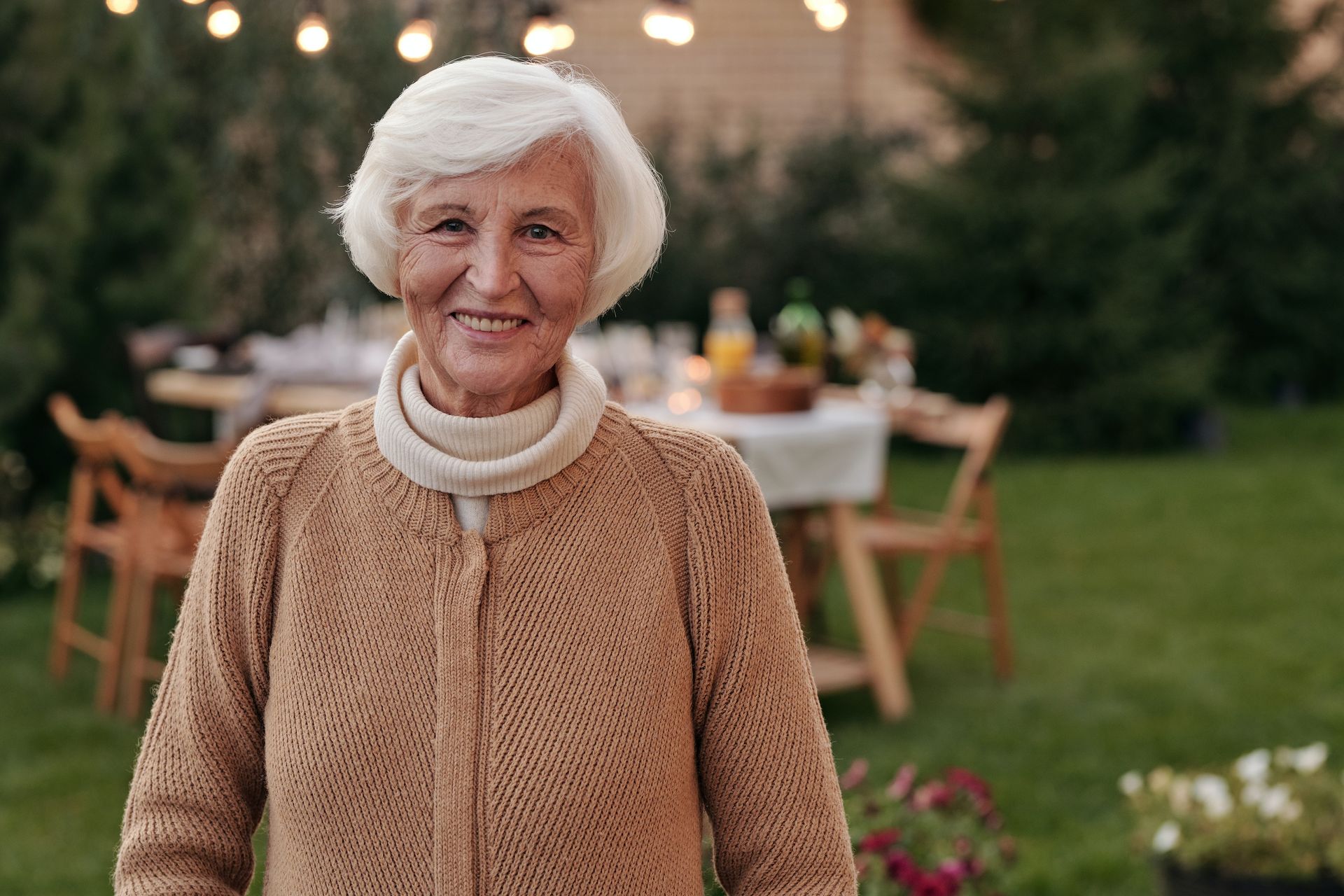Southwest Regional Hospice & Palliative Care Symposium
The Importance of Hospice Care for Alzheimer’s Disease

Alzheimer’s disease is a challenging journey, not just for those who have it, but also for their families. This progressive disease affects memory, thinking, and behavior, making daily life increasingly difficult. As the disease advances, it becomes clear that specialized care is needed to ensure the best quality of life for the individual.
At Hospice El Paso, located right here in El Paso, TX, we understand the unique needs of Alzheimer’s patients and provide compassionate care that supports both the patient and their families. To learn more about our services, contact us
online or call
(915) 532-5699 today.
What is Hospice Care?
Hospice care is a type of care designed to provide comfort and support to individuals who are facing the end of life. Unlike other forms of medical care, which focus on curing an illness, hospice care focuses on making the patient as comfortable as possible. It’s about improving the quality of life in a person’s final months, weeks, or days. For those with Alzheimer’s disease, hospice care addresses the specific challenges that come with the illness.
Why Hospice Care is Important for Alzheimer’s Disease
Managing Symptoms: Alzheimer’s disease can cause a wide range of symptoms that are difficult to manage at home. These can include severe memory loss, confusion, difficulty communicating, and physical decline. Hospice care provides expert management of these symptoms, ensuring that the patient is as comfortable as possible. This might involve managing pain, addressing sleep issues, or helping with feeding and mobility.
Providing Emotional and Spiritual Support: Alzheimer’s disease not only affects the body but also takes a toll on the emotions and spirit. Hospice care includes counseling services for both the patient and their family. This emotional support is crucial in helping everyone cope with the many challenges that Alzheimer’s brings. Additionally, spiritual care is available to help patients and families find peace and comfort during this difficult time.
Supporting the Family: Caring for a loved one with Alzheimer’s can be overwhelming. Families often face feelings of stress, guilt, and helplessness as they try to provide the best care possible. Hospice care supports families by offering respite care, where the patient is cared for by professionals, giving the family a much-needed break. Hospice El Paso also provides education to families, helping them understand what to expect as the disease progresses and how to best care for their loved one.
Coordinating Care: Alzheimer’s patients often have complex medical needs that require coordination between different healthcare providers. Hospice care helps to coordinate this care, ensuring that the patient receives the necessary medical attention while also focusing on their comfort. This coordination can include managing medications, scheduling visits from doctors or nurses, and making sure that all aspects of the patient’s care are working together smoothly.
Respecting the Patient’s Wishes: As Alzheimer’s progresses, it can become difficult for patients to communicate their needs and desires. Hospice care respects the patient’s wishes, ensuring that their care is aligned with their values and preferences. This might include decisions about pain management, end-of-life care, and other important issues. Hospice El Paso works closely with patients and their families to ensure that the care provided honors the individual’s wishes.
The Role of Hospice El Paso in Alzheimer’s Care
At Hospice El Paso, we are committed to providing compassionate and personalized Alzheimer’s hospice care in El Paso. We understand the unique challenges that come with this illness and are dedicated to supporting both the patient and their family. Our team of experienced professionals includes doctors, nurses, social workers, and chaplains, all of whom work together to provide comprehensive care.
We also believe in the importance of community. Hospice El Paso is a part of the El Paso community, and we are here to support you every step of the way. Whether you need help managing symptoms, understanding the progression of the disease, or just someone to talk to, we are here for you.
When to Consider Hospice Care
One of the most common questions families have is when to consider Alzheimer’s hospice care for a loved one with Alzheimer’s. It can be a difficult decision, but it’s important to remember that hospice care is not about giving up hope. Instead, it’s about providing the best possible quality of life for the time that remains.
Families might consider hospice care when the individual with Alzheimer’s is in the late stages of the disease, experiencing severe symptoms, or when treatments aimed at curing other illnesses are no longer effective. Hospice care can also be considered if the burden of care at home becomes too overwhelming for the family.
Alzheimer’s Hospice Care in El Paso
Alzheimer’s disease is a difficult journey, but you don’t have to face it alone. Hospice care offers essential support, providing comfort, dignity, and quality of life for both the patient and their family. At Hospice El Paso, we are here to help you through every step of this journey. If you have a loved one with Alzheimer’s, consider the benefits of hospice care and reach out to us to learn how we can support you during this time. Call (915) 532-5699 today.

OUR SERVICES
OUR ORGANIZATION
Hospice El Paso is a recognized 501(c)3 charitable organization
Hospice El Paso is a recognized 501(c)3 charitable organization |
Copyright © 1982-2023 Hospice El Paso, All Rights Reserved
Copyright © 1982-2024 Hospice El Paso, All Rights Reserved |











